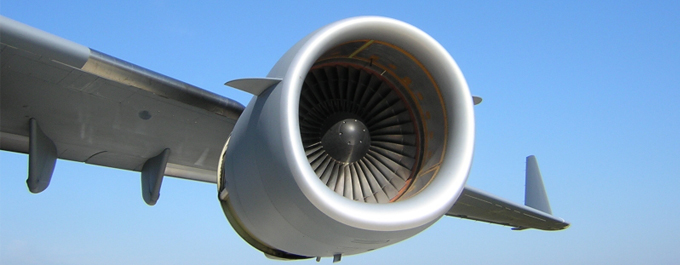Manufacturing problems at one of GE Aviation’s suppliers has led the US Federal Aviation Administration to order airlines to replace high-pressure turbine stator cases on some GEnx turbofans.
Those engines include variants of GEnx-1Bs, which power Boeing 787s, and GEnx-2Bs, which power 747-8s.
«This [directive] requires removal of affected high-pressure turbine (HPT) stator cases… from service and their replacement,» says the directive, available on the US government’s online Federal Register. «This condition, if not addressed, could result in failure of the HPT case, engine fire and damage to the airplane.»
GE insists the order will not create operational disruptions.
«There have been no engine operational impacts as a result of the issue,» GE tells FlightGlobal. «We have ample spares, we have been proactive in working with customers to minimise disruptions and we do not expect any aircraft to be grounded as a result of the [directive].»
The regulatory order, which takes effect 15 August, applies to only 13 engines in service with US airlines.
It mandates an issue GE sought to rectify in non-compulsory service bulletins issued since 29 June.
Those bulletins applied to 41 engines worldwide, GE says. Of those, work as has already been completed on 24 engines, with 17 engines to go, the company adds.
«We expect to complete all of those by the end of August — all within the cycle limits,» GE says.
Airlines globally operate more than 400 787s with variants of GEnx-1B engines, and 115 747s with the GEnx-2B, according to Flight Fleets Analyzer.
The FAA’s directive does not name the supplier in question. It estimates compliance will cost about $362,000 per aircraft.
«We learned from GE of a quality escape at one of their suppliers,» says the directive. «This supplier was performing welds on newly-manufactured components to correct errors introduced in their manufacturing process.»
The welds «were not reviewed or approved by either GE or the FAA», it adds.
The stator cases are so-called «life limited’ parts, which must be replaced at set intervals. The unapproved repairs reduced the capability of the cases, necessitating they be replaced earlier, the FAA’s order says…



